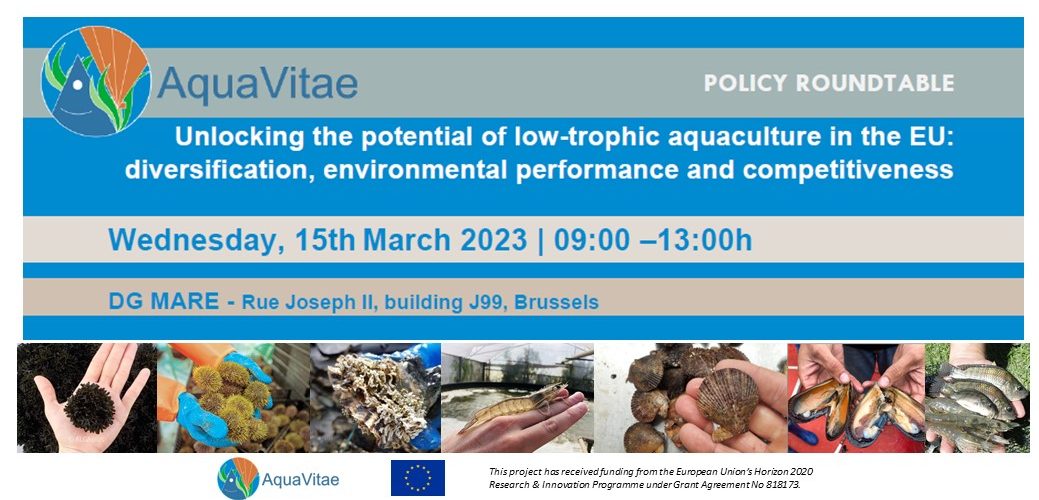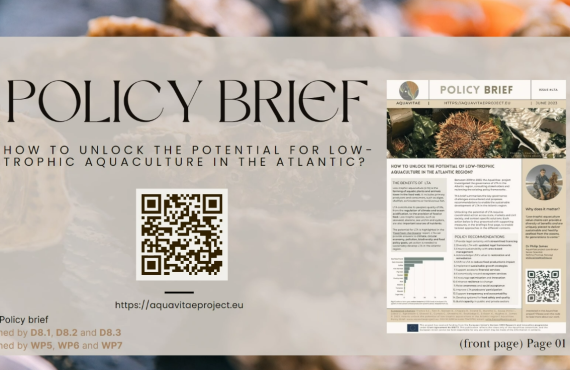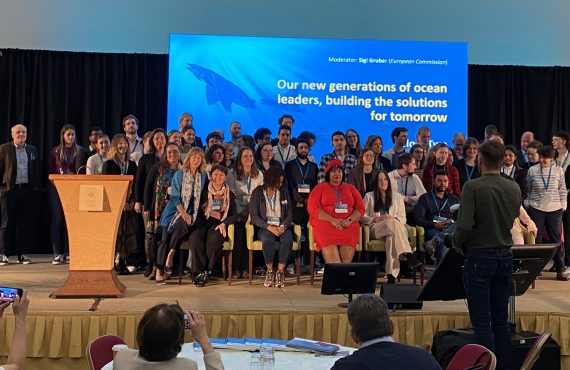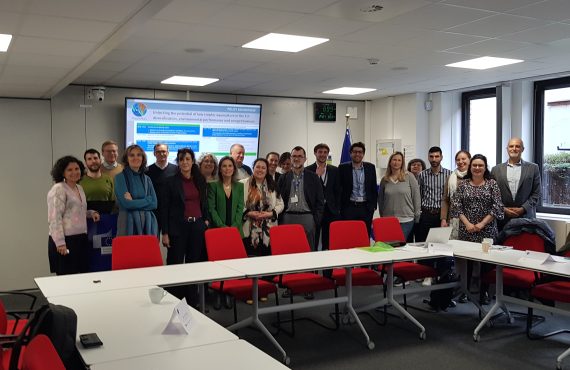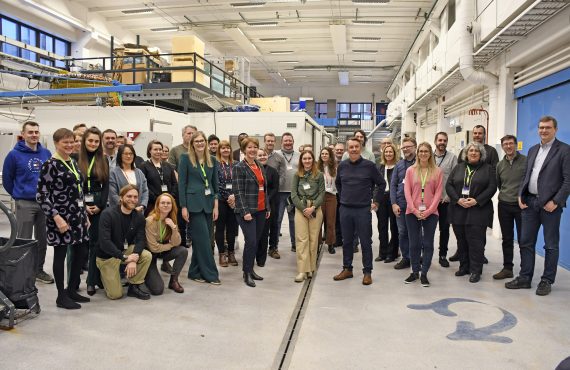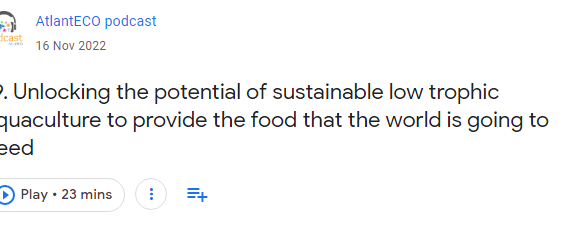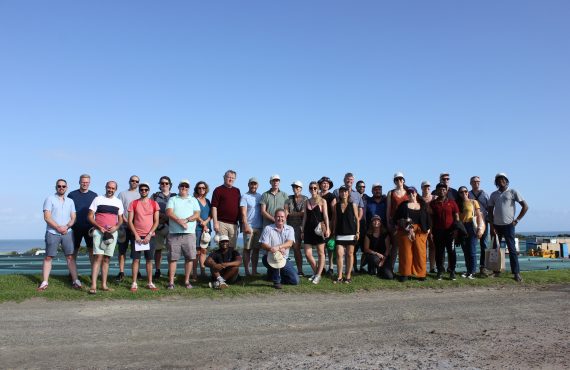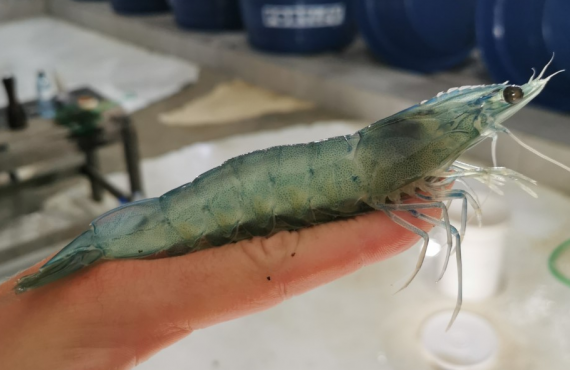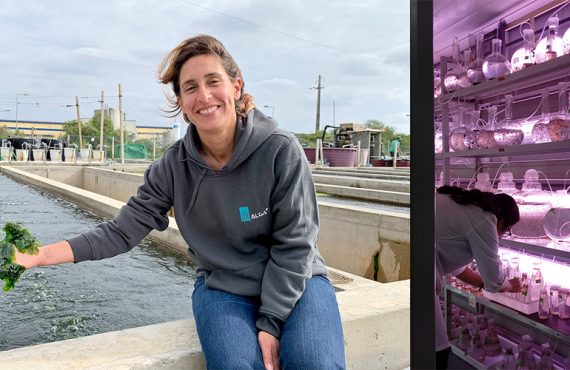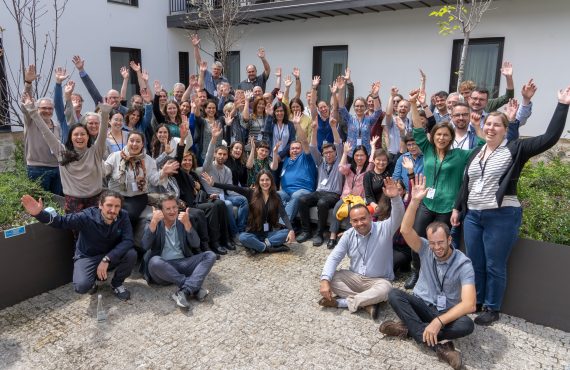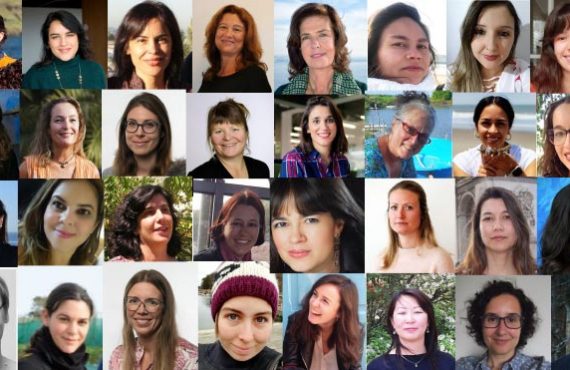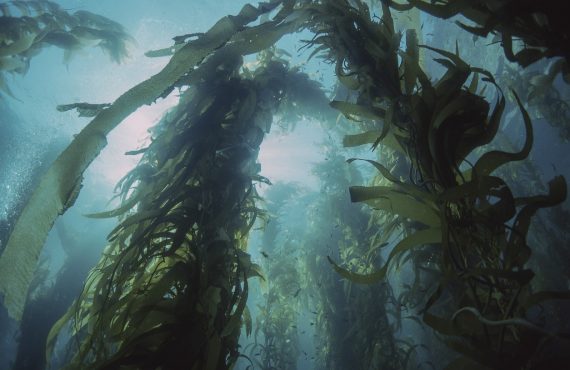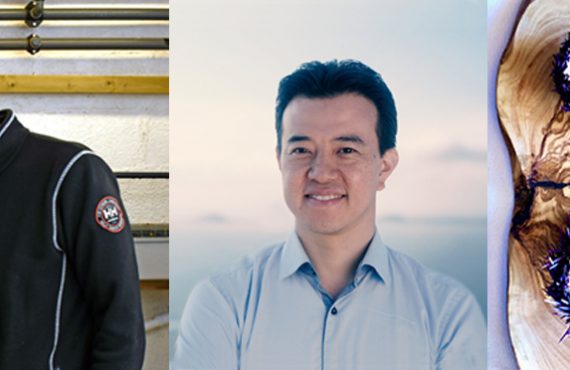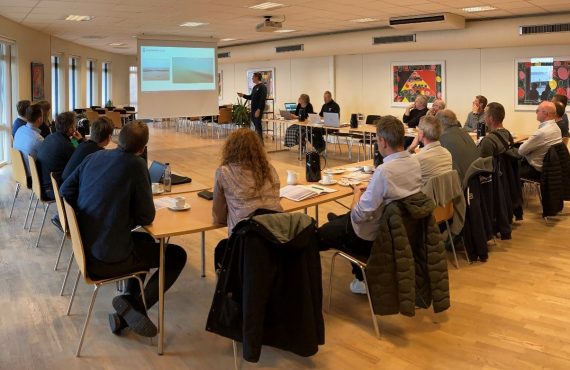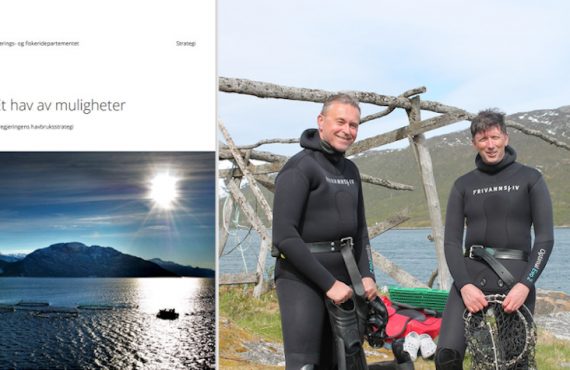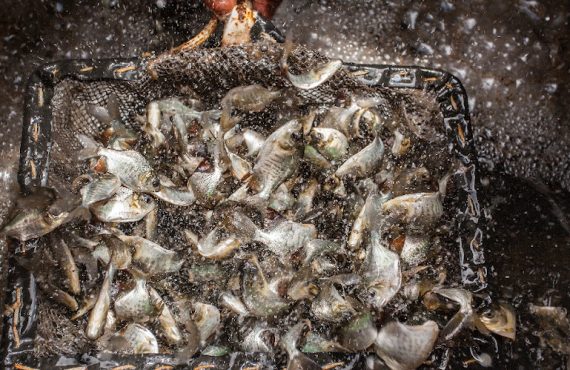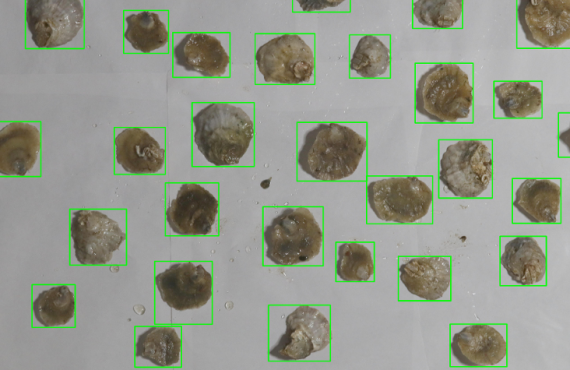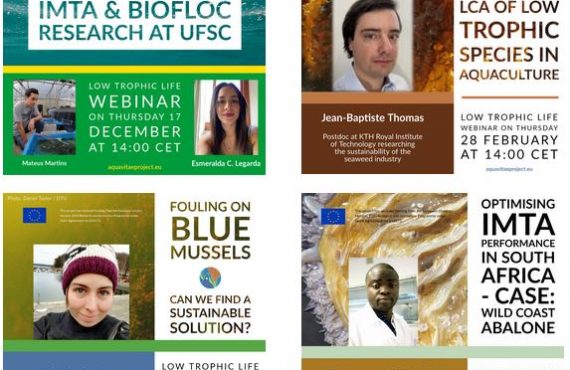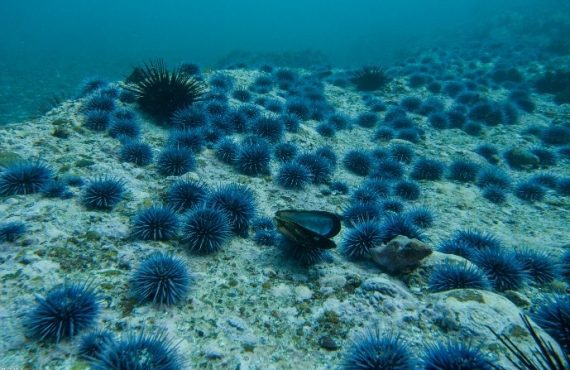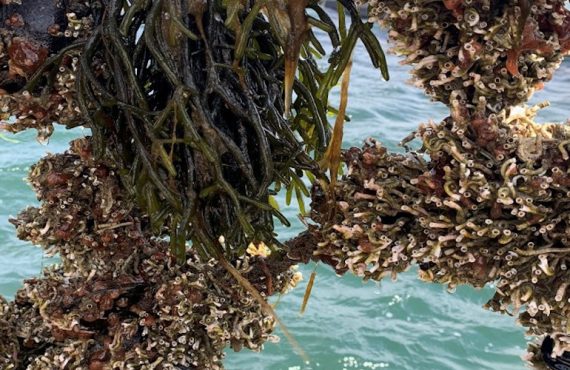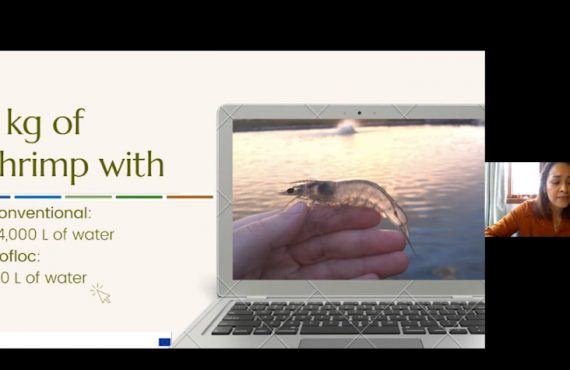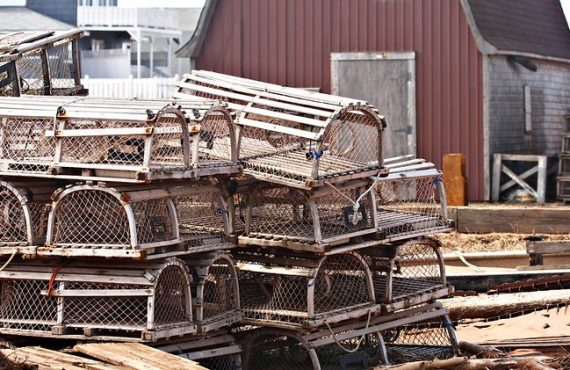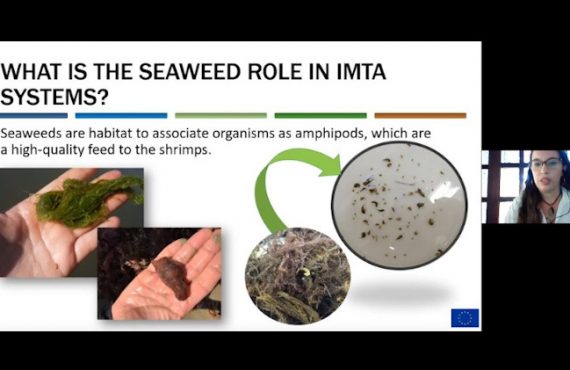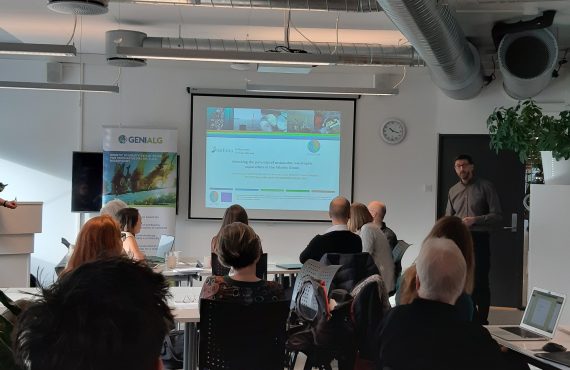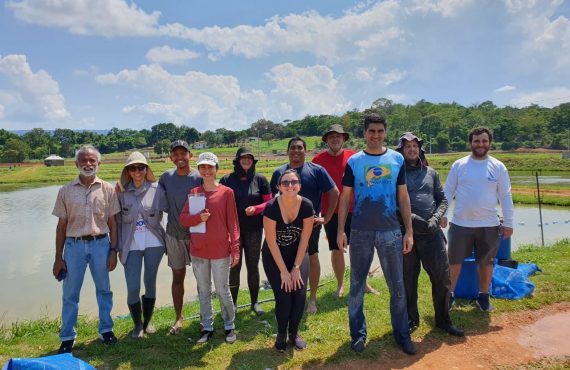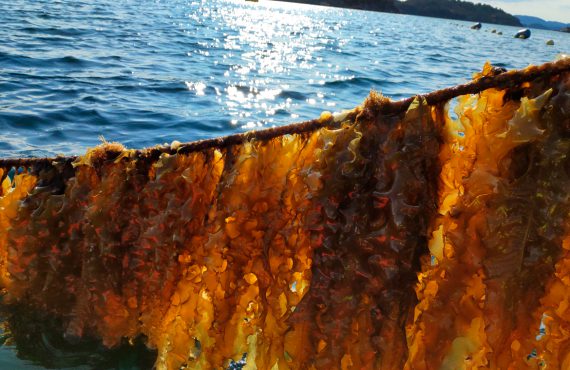AquaVitae roundtable will gathered important organizations to discuss the state of art of the low trophic aquaculture in Europe.
On March 15th, 2023, the AquaVitae Consortium will hold a policy roundtable titled “Unlocking the potential of low-trophic aquaculture in the EU: diversification, environmental performance and competitiveness”. The event will take place at DG MARE in Brussels, Belgium, from 09:00 to 13:00 hours.
Representatives from the European Commission (DG-MARE, DG RESEARCH) and the Aquaculture Advisory Council, Market Advisory Council, European aquaculture organizations like FEAP, or NGO´s like WWF, will be present to discuss the main issues and potential of low trophic aquaculture and its governance development.
The EU aquaculture industry is facing unprecedented global challenges, from its role in environmental change to the increasingly demanding economic and social acceptance contexts. Low trophic aquaculture presents unique sustainable development potential, but still faces significant growth barriers in the EU.
The event will focus on discussing how the socio-economic and legal environment of low-trophic aquaculture could be changed for a socially acceptable sustainable development.
Objectives and topics
This roundtable event in Brussels will be an exciting opportunity to discuss environmental and socioeconomic aspects of sustainable low trophic aquaculture. The discussion will aim for reaching a sustainable and viable sector.
The potential for climate change mitigation of low-trophic aquaculture will be an important topic.Policy makers and AquaVitae researchers will assess how sustainable commercial-scale low-trophic aquaculture diversification can be promoted, how management perspectives across policy-areas could be implemented and how public and private finance could drive sustainable aquaculture diversification. Additionally, this session will also focus on feasible business plans for sustainable low-trophic value chains.
Representatives of AquaVitae will share the project findings on environment, economics, and governance. Project researchers will facilitate a session where a to set a series of actions to be implemented in the short/medium term in the sector. Recommendations and good practices will be presented to help policymakers speed up the progress of low trophic aquaculture in Europe.
The experts invited to the roundtable will debate these questions seeking solutions for the current challenges in low trophic aquaculture.



